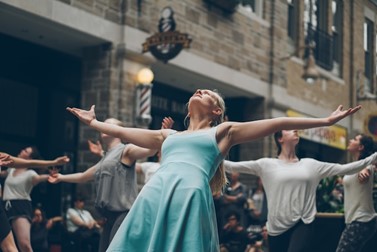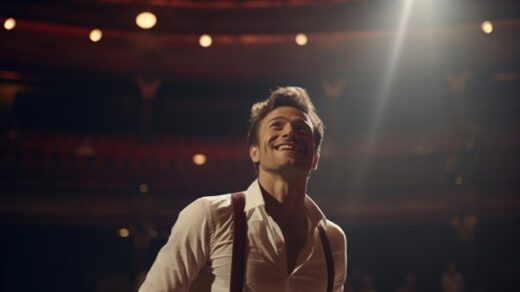
From Darth Vader entering the scene to the shark approaching in Jaws to an Avenger appearing on the screen, music in film plays a wholly crucial role in setting the mood and enhancing emotions felt throughout the movie and how audiences feel about specific characters.
Composers work tirelessly to create apt soundtracks that not only grab emotive attention but also develop the film’s characters and advance the plot. James Snyder notes that discovering how background music, singing, and acting combine to craft beautiful scenes enhances the viewing experience and allows budding screenwriters to implement scores to elevate their scripts.
The Vital Effects of Music in Film
When someone says, “Star Wars,” dialogue is unlikely to be the first thing that springs to mind. Instead, it’s the sounds — the dramatic, unforgettable score by John Williams included. The major movies in pop culture and beyond use music to develop themes and establish the tone of the whole production.
Emotion Enhancing
Whether it’s joy, fear, or sadness, music taps into emotions unlike anything else.
While dialogue in realistic movies like Me Before You and The Notebook may make watchers cry, it’s always amplified by the subtle changes in background music keys.
Horror films filled with jump scares prefer using crescendos or suddenly cutting the music out so only the main character’s breath can be heard to build tension before snapping it.
Regardless of the movie category, consider the music the emotion bringer.
Plot Advancing
Plot points and transitions are often highlighted with music. Not only does it help keep the plot ticking along, but it also ensures audiences remain engaged, even in lengthy films like Avatar.
Mood Setting
Like its emotion enhancing capabilities, music sets the ambiance for the entire movie. It sets the stage for a romantic comedy, brings the overarching joy to a Christmas film, or builds nothing but suspense for a horror title. The power a well-written score has is tremendous.
Place Creating
Leitmotifs (i.e., repeating melodic phrases used to represent something) are often used to establish the film’s setting. This applies to specific locations and/or a certain era.

Character Development Through Singing and Acting
A discussion on the role of music in films wouldn’t be complete without diving into the world of character development through a combination of acting and singing.
Often, characters, particularly in musicals, will sing songs to reveal their true feelings (a common theme in Disney films) or what they plan to do to other characters (as showcased beautifully in Wicked). Actors playing these parts must get into character fully before performing as their on-stage or on-screen personality must shine through with every note.
Perhaps one of the best examples of characters revealing their inner thoughts and pain points through music is Kristine (the tone-deaf character) from A Chorus Line. She uses the song Sing! to lament how she can’t sing, while struggling to get through the notes. It’s a near-perfect piece of musical theater, wonderfully representing the importance of acting and singing merging.



